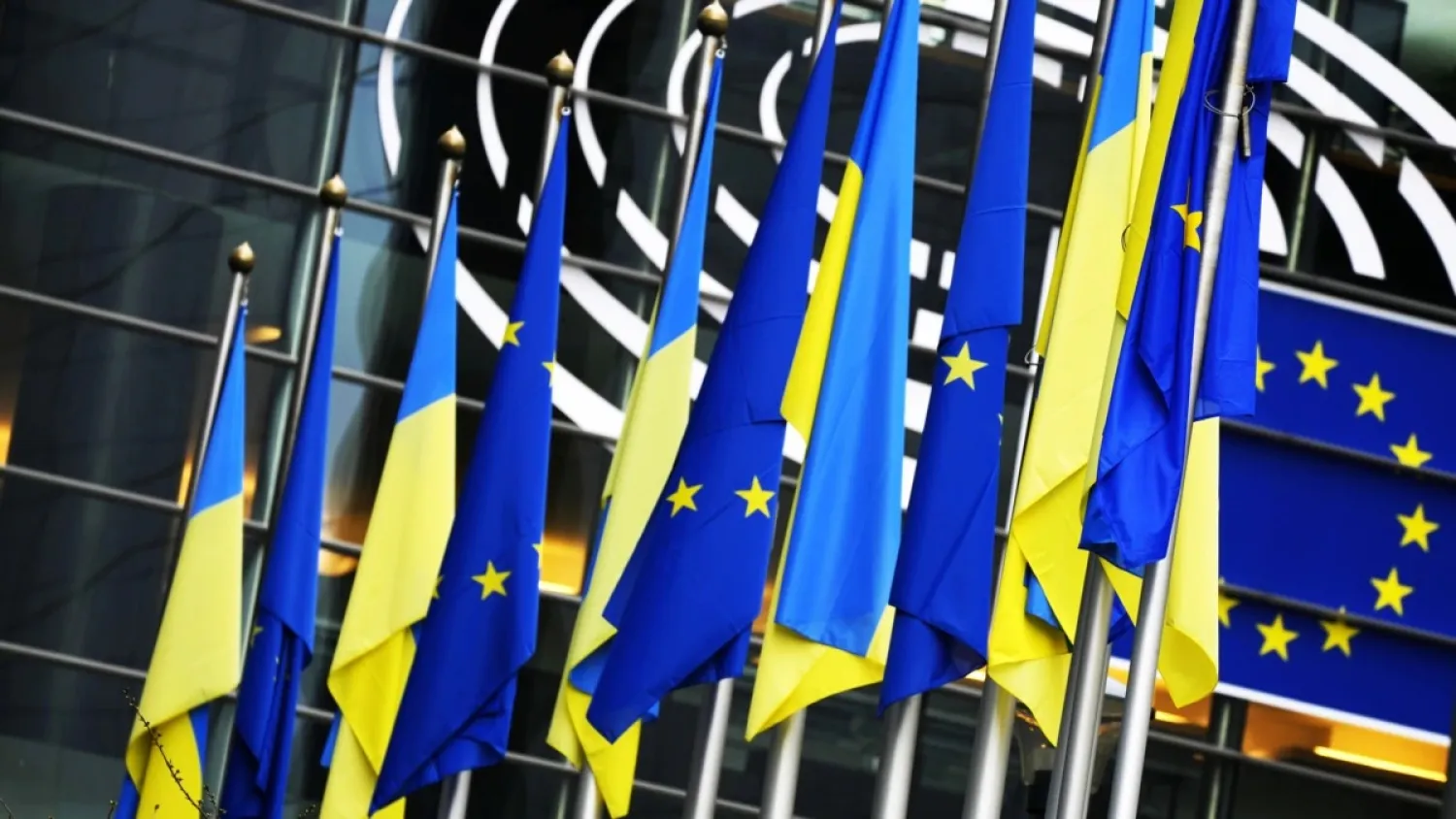The European Union’s efforts to impose a new round of sanctions against Russia over the war in Ukraine appeared to be bogged down on Monday, as a small group of countries opposed a ban on imports of Russian oil.
Since Russia invaded on Feb. 24, the bloc has implemented five rounds of sanctions on Moscow. President Vladimir Putin, senior officials, more than 350 lawmakers and pro-Kremlin oligarchs were hit with asset freezes and travel bans. Banks, the transport sector and alleged propaganda outlets were targeted.
What could have taken years in the past has been achieved in less than three months - relative light speed for the 27-nation bloc. But limiting Russia’s energy income by weaning their dependency off its oil - not to mention gas supplies - is proving a tougher nut to crack.
The EU’s executive branch, the European Commission, proposed on May 4 a sixth package of war sanctions that included a ban on oil imports from Russia. European Commission President Ursula von der Leyen conceded at the time that securing the agreement of all "will not be easy."
Hungary is one of a number of landlocked countries that are highly dependent on Russian oil, along with the Czech Republic and Slovakia. Bulgaria also has reservations. Hungary gets more than 60% of its oil from Russia, and 85% of its natural gas.
"We will do our best in order to deblock the situation. I cannot ensure that it is going to happen because positions are quite strong," EU foreign policy chief Josep Borrell told reporters as he arrived to chair a meeting of the bloc’s foreign ministers in Brussels.
"Some member states face more difficulties because they are more dependent, because they are landlocked," Borrell said, and "they only have oil through pipelines, and coming from Russia."
Muddying the waters is Hungarian Prime Minister Viktor Orban’s relationship with Putin. Orban is widely considered to be one of the Russian leader’s closest European allies. He has only reluctantly supported previous EU sanctions, including a phased-in embargo on Russian coal.
Since taking office in 2010, Orban has deepened Hungary’s dependency on Russian energy and says its geography and energy infrastructure make an oil shutdown impossible. His EU partners are at odds over what they believe is driving his reluctance to target oil.
"The whole union is being held hostage by one member state," Lithuanian Foreign Minister Gabrielius Landsbergis said. He said that the European Commission's proposal offered members a phaseout of Russian oil until Dec 31, 2024, and that "everybody expected that this would be enough."
But his Irish counterpart, Simon Coveney, acknowledged that "these are difficult, difficult issues for some countries," and he added: "Let’s not focus on obstacles and negatives today."
At the same time, Coveney said, "we need to get on and do this. We need to send a very clear signal to the Kremlin and to Moscow that the cost of their continuing war in Ukraine, which is completely unjustifiable, will continue to increase."
For now, the ball is in Hungary’s court, as the most vocal member of those opposed. Officials have said that Orban appears to be seeking EU money for energy infrastructure investment. Any compromise is only likely to be found in his talks with von der Leyen, not between ministers.
The oil standoff raises questions about whether the EU has reached the limits of its unity on sanctions. Targeting Russia’s gas sector, on which many more countries are dependent, is likely to prove even tougher.
Officials said before Monday’s meeting that a political agreement is likely to be found on a fourth tranche of money to help supply weapons to Ukraine. It would bring to 2 billion euros ($2.1 billion) the total sum available to fund the purchase of arms and other nonlethal assistance.









